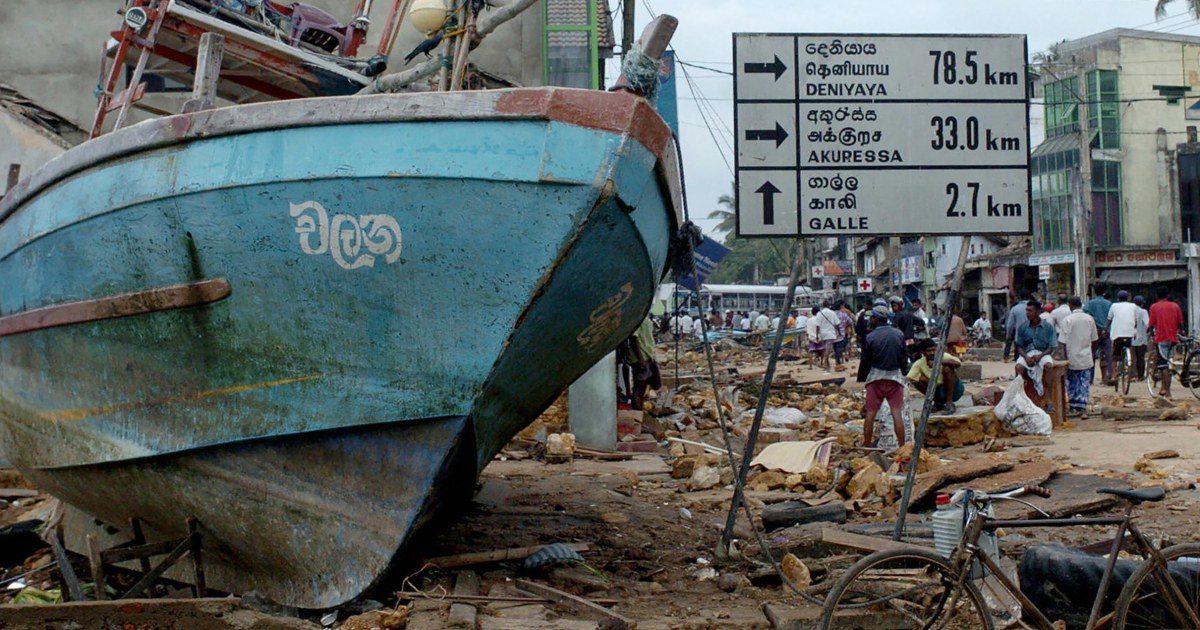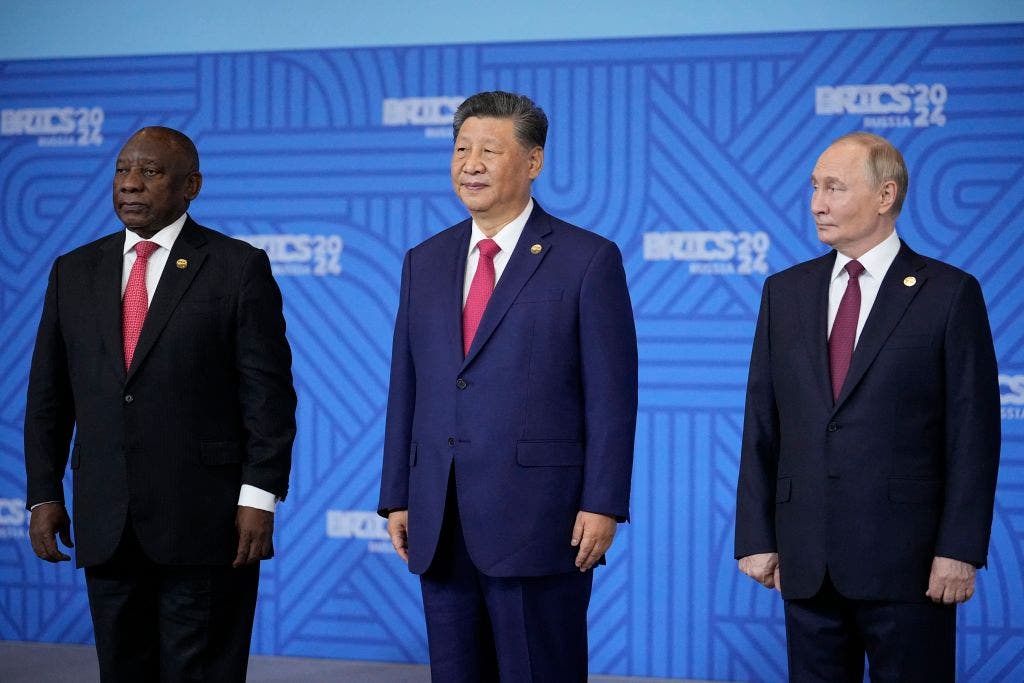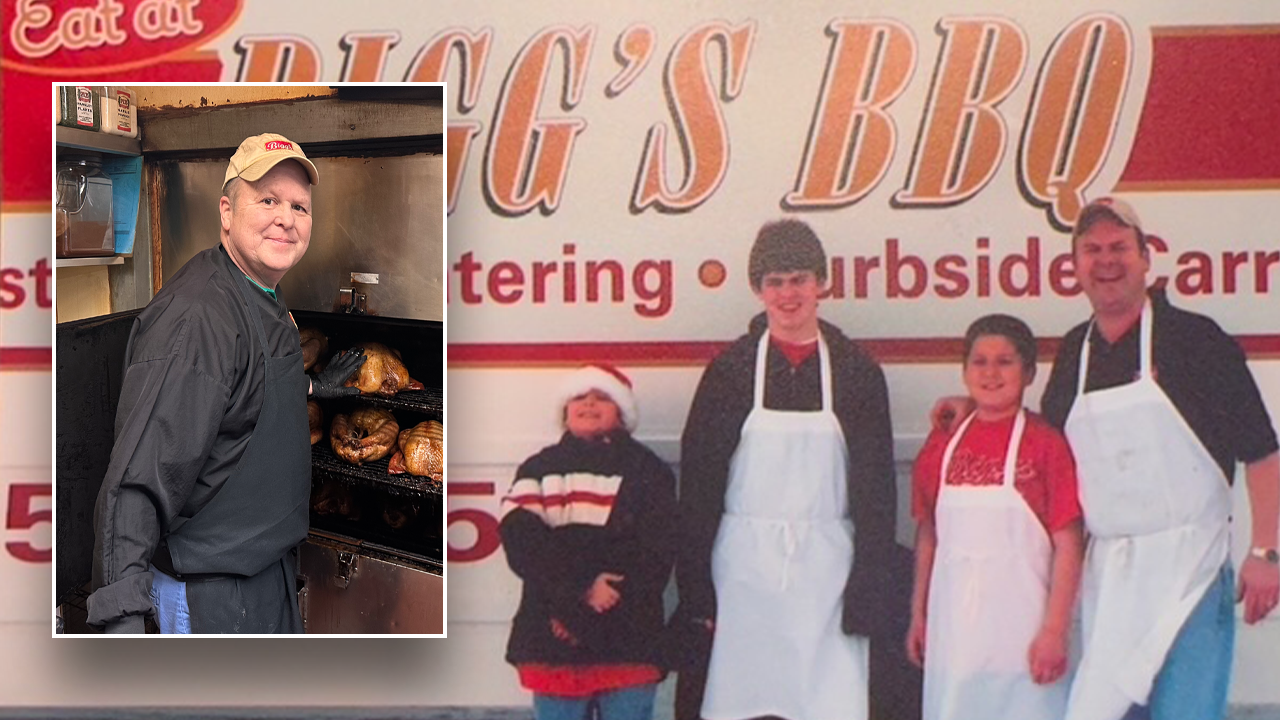World
US sanctions two RSF commanders as fighting escalates in Sudan’s Darfur

UN officials and rights groups warn hundreds of thousands of civilians are at risk amid heavy fighting in el-Fasher.
The United States has imposed sanctions against two commanders of Sudan’s paramilitary Rapid Support Forces (RSF), as rights groups and the United Nations warn that deadly violence in the North Darfur region is escalating.
The US Department of the Treasury said on Wednesday that the sanctions targeted the RSF’s Central Darfur commander, Ali Yagoub Gibril, and Osman Mohamed Hamid Mohamed, a major-general who heads the group’s operational planning.
“While the Sudanese people continue to demand an end to this conflict, these commanders have been focused on expanding to new fronts and battling for control of more territory,” Treasury official Brian Nelson said in a statement.
The RSF has encircled el-Fasher, the capital of North Darfur, in recent weeks and fighting between the paramilitary group and the Sudanese Armed Forces has surged.
Earlier this week, a spokesperson for UN Secretary-General Antonio Guterres warned that the violence in el-Fasher put more than 800,000 civilians at risk.
Guterres, the spokesperson said, “is alarmed by reports of the use of heavy weaponry in densely populated areas, resulting in dozens of civilian casualties, significant displacement and the destruction of civilian infrastructure”.
“He recalls that civilians in the area are already facing a looming famine and the consequences of over a year of war.”
The UN estimates that at least 15,500 people have been killed across Sudan since the war broke out in mid-April 2023 between the RSF and the Sudanese Armed Forces. More than 8.8 million people have been forced to flee their homes.
Rights groups have accused both the RSF and the Sudanese Armed Forces of war crimes, including killing civilians in both deliberate and indiscriminate attacks.
The RSF has come under a particular spotlight, having been accused of killing “at least thousands of people” in West Darfur, Human Rights Watch said earlier this month. Attacks on the capital of West Darfur, el-Geneina, saw the RSF and allied militias destroy entire neighbourhoods housing people from the non-Arab Masalit community, HRW said.
Residents, aid agencies and analysts have warned that the fight for el-Fasher, a historic centre of power, could be protracted and inflame longstanding ethnic tensions.
The RSF grew out of the Popular Defence Forces, a government-backed Arab militia called “Janjaweed” by rebels that targeted non-Arab groups in Darfur throughout the almost two-decade-long war in Sudan’s large western region, and only ended in 2020.
Many of the Darfuri groups that fought against the “Janjaweed” initially remained neutral during the current conflict, but some have increasingly aligned themselves with the Sudanese Armed Forces, seeing the RSF as a greater threat due to its history in the region, and its animosity towards non-Arab groups.
On Wednesday, the medical charity Doctors Without Borders, known by its French initials MSF, said it had received 454 casualties at the South Hospital it supports in el-Fasher amid the escalation of violence since May 10.
Of that, 56 people have died of their injuries, Dr Prince Djuma Safari, MSF’s deputy medical coordinator in el-Fasher, said in a dispatch shared on the group’s website.
“But the wounded and death toll are likely far higher, since the fighting continues to be so intense that many people cannot reach the hospital,” Safari said.
“Until now, North Darfur had been a relatively safe haven compared to other parts of Darfur. Now, there are snipers in the streets, heavy shelling is taking place, and nowhere in the city is safe at all.”
The US sanctions imposed on Wednesday freeze the targeted individuals’ assets in the country and prevent any US citizens or entities from doing business with them.










